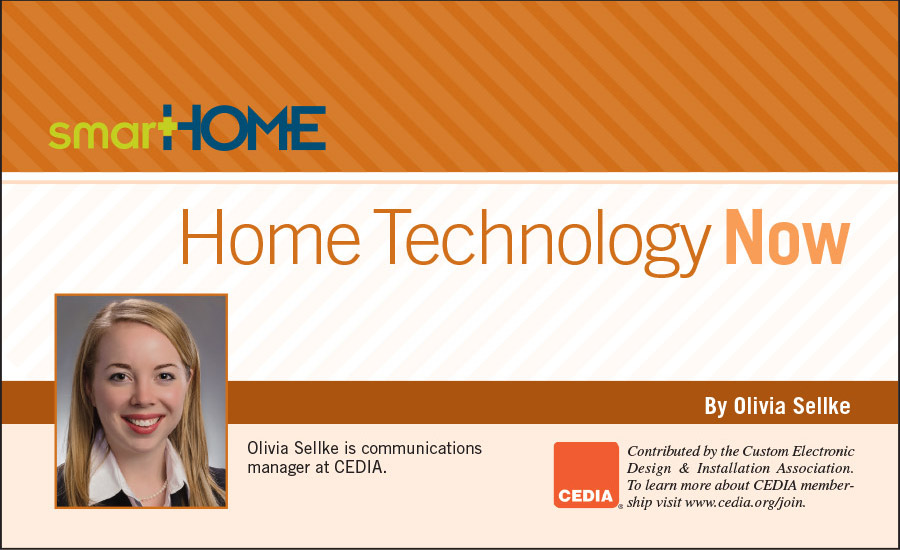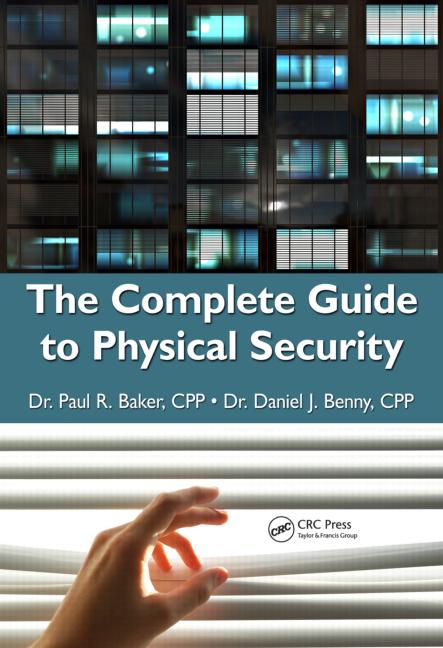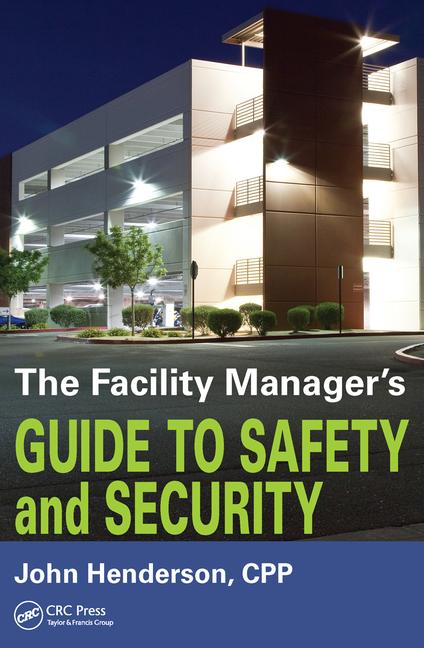The Security Cross-Over

Smart home technology is an ever expanding market — 4K, voice control, Internet-connected thermostats, high resolution audio, the home network — your customers are hearing about many hot topics right now from their local news outlets.
More than a quarter of all consumers surveyed by Coldwell Banker own at least one smart home product, and nearly half of Millennials (aged 18 to 34) have adopted the technology. Coldwell Banker and CNET recently landed on the definition of “smart home”:
Smart Home: A home that is equipped with network-connected products (i.e., “smart products,” connected via Wi-Fi, Bluetooth or similar protocols) for controlling, automating and optimizing functions such as temperature, lighting, security, safety or entertainment, either remotely by a phone, tablet, computer or a separate system within the home itself.
In order to be categorized as a smart home, the property must have a smart security feature that either controls access or monitors the property, or a smart temperature feature, in addition to a reliable Internet connection. It must also include at least two additional features from this list:
• appliances (smart refrigerators and smart washer/dryers)
• entertainment (smart TVs and TV streaming services)
• heating/cooling (smart HVAC system, smart fans or vents)
• lighting (smart lightbulbs and lighting systems)
• outdoors (smart plant sensors and watering systems)
• safety (smart fire/carbon monoxide detectors and nightlights)
• security (smart locks, smart alarm systems or cameras)
• temperature (smart thermostats)
This means as a security professional you could already be in the business of selling smart home technology. The crossover between what you do and what is termed as a smart home is happening right before your eyes. It will be only a matter of time before clients start coming to you, the trusted security expert, to take their home to the next level or to take on the task of getting all their independent devices to talk to one another. You don’t want to miss out on this business opportunity that could help you edge out your competition.
Getting up to speed on all things residential tech can be a BIG task — but the good news is there is one place you can go to learn how to become that specialized crossover security professional. The place? CEDIA 2016.
We invite you to join us at CEDIA 2016, hosted in Dallas September 13-17. At CEDIA 2016 you’ll have the opportunity to connect with more than 400 exhibitors and see where you may be able to tap into some additional revenues.
Beyond the show floor there are more than 100 training courses covering the latest technology and taught by world-class instructors. Here is a little sneak peek at some of the courses that can help you expand your offerings:
The Internet of Things & Smart Homes of the Future. Learn the complexities of the exciting and fast-expanding world of IoT and outline the solutions that will lead to convergence based around meeting customer needs through open architectures and device ecosystems.
Talk to the Experts.Lighting Technologies & Control Best Practices – Don’t let lighting technologies and control of these elements leave you in the dark; join this interactive panel to learn more from industry experts related to current and future technologies and best practices for control.
Audio Basics & System Design. In this presentation, we’ll discuss audio basics, such as signal level in volts and dB; nominal level, peak level and headroom; noise floor and S/N ratio; system gain structure; 70V transmissions; how human hearing interprets sound level; frequency; direction; and how to set loudness level, room sound level, speaker positions and digital systems (including Dolby Atmos).
Think BIG by starting your smart home education at CEDIA 2016. Visit cedia.net/show to check out this year’s exhibitors, courses and special events. Have questions about what training is right for you? We can help you set a pathway; just email training@cedia.org.
Looking for a reprint of this article?
From high-res PDFs to custom plaques, order your copy today!







